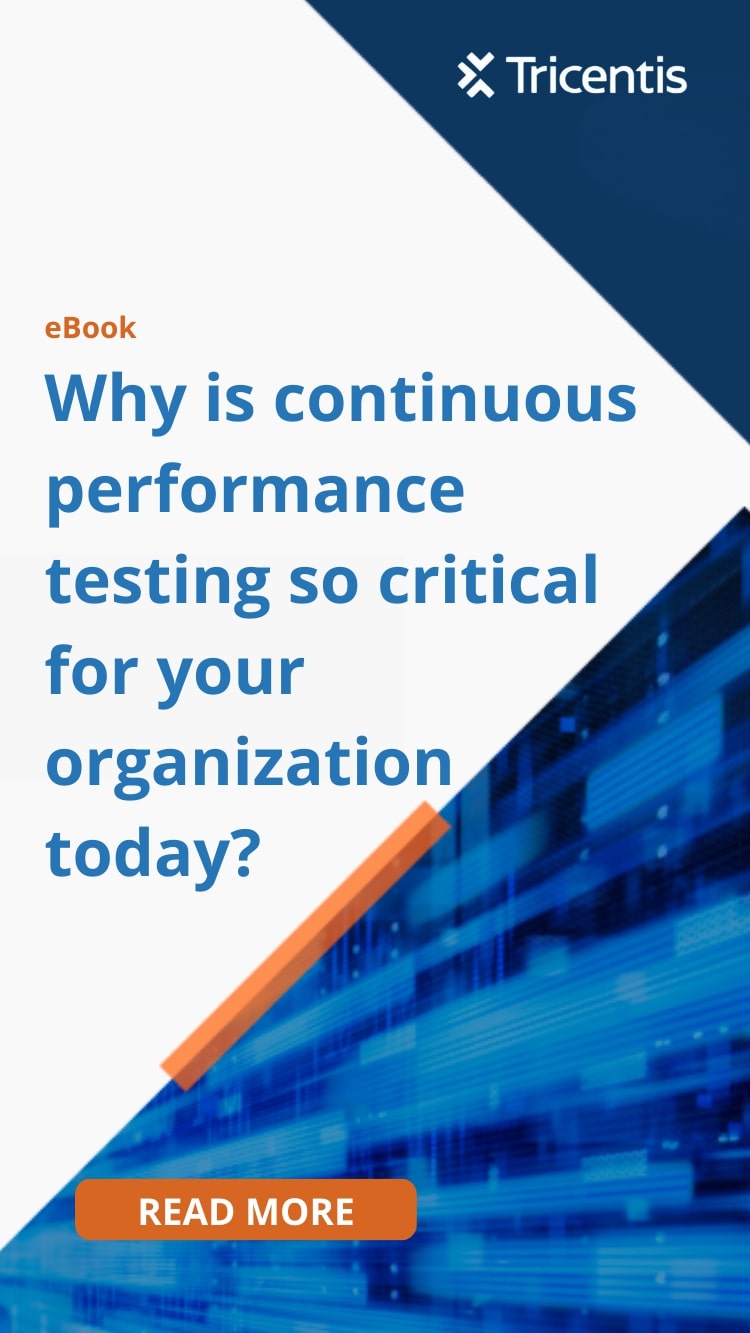In today’s tough business landscape, success depends on flexibility, resilience, and nimbleness. Businesses with these qualities can adapt to changing customer needs and react fast to unexpected problems.
Data is a critical resource underpinning business resilience, flexibility, and nimbleness. Most businesses have set up systems to capture their internal data. But if businesses want to use data-based tools and get accurate insights, they need external data as well. Unless the business can access and analyse quality data from inside and outside the business, they will not have the insights to act on time.
What is a data marketplace?
Despite the rising importance of data, the overall data landscape has been haphazard. Most enterprises have ad-hoc systems to collect data. Their data processes are often complex and inefficient and based on guesswork. Data marketplaces now promise order and stability from such chaos.
Data marketplaces are a one-stop shop for buying, selling, and exchanging data. They connect data providers and consumers and offer an environment for data collaboration and sharing.
Data marketplaces offer data providers an easy and convenient way to monetise data. For data buyers, they make data sourcing effortless. Businesses use data marketplaces to tap into a vast pool of external data.
The data marketplace has been growing of late. IDC estimates the global value of the data market to be $274 billion in 2022.
How businesses benefit from data marketplaces
Businesses have started to use data marketplaces in a big way for several reasons.
Access to diverse yet relevant external data
Most enterprises understand the importance of data. But they do not have the ability to access the right data they need. Often, enterprises rely on internal data and have limited access to external data. This limits their vision and stifles innovation. Businesses with incomplete data cannot make informed decisions that cover all eventualities. The need for wider external data sources becomes even more profound when developing AI algorithms.
Data marketplace platforms help businesses with external data to complement internal data sets. Businesses use these platforms to locate and buy datasets that enrich their analytics. Without a data marketplace, the enterprise may not have access to such data.
The following are major businesses sourcing external data for different use cases.
- Financial services businesses to improve risk assessment and fraud detection.
- Healthcare providers, to access research data for personalised medicine.
- Logistics providers, to access information on raw materials availability and supply chain bottlenecks. A fleet operator may source external data on shipping trends to decide on fleet deployment strategy. They can also use the marketplace to sell internal data related to tuck performance and fuel economy. Truck manufacturers and repair services find such data handy.
- Insurers, for third-party data on macro- and microeconomic, geopolitical, climate and social events. Such data help them assess risk better.
- Retail and e-commerce businesses for customer behaviour, market trends, and competitor insight data. Marketers can access information on the shopping habits and experiences of their target audience. Third-party demographic, purchase intent, and brand affinity data personalise the customer experience.

Cost-effective and easy data acquisition and management
Legacy data management capabilities no longer suffice for today’s data velocity and size. Worse, setting up new data engineering projects is getting tougher for businesses. Most enterprises struggle to create custom integrations, validate scripts and navigate complex licensing. They find the process too costly, energy-draining, and time-consuming. Finding the right talent to execute the job is also difficult. By the time the project is complete and the insights come, it might already have become obsolete. A competitor may already have acted on the data, or the changes in the business environment may make the data useless.
Once set up, sustaining data quality and reliability takes extra effort. Such efforts take the focus and energy away from their core business in any case.
Businesses can instead leverage a data marketplace to access the data they need without the overheads or human capital costs. They can browse, compare, and purchase data from multiple sources and consolidate it in a central repository. Customised and personalised dashboards make engagements friction-free.
The data marketplaces also allow business users to:
- Inspect the underlying metadata and lineage to understand the construction of the data products.
- Enable metadata-based automation to access relevant datasets from the marketplace. The process becomes hassle-free.
- Leverage data validation to ensure data quality and reliability. Businesses can work with the data with full assurance of its integrity.
- Engage with data vendors to improve data management and access the data in the forms and structure they want. Business users could, for instance, request a specific frequency of refresh for the data product.
Robust security and compliance
The risks associated with data protection and compliance have increased of late. When enterprises build organic datasets, they become responsible for the costs and efforts to secure them. They also become responsible for meeting compliance requirements. Any slip-ups could lead to huge damages with far-reaching implications.
Data marketplaces frees enterprises from security and compliance worries. These marketplaces offer:
- In-built access control, encryption, and audit trails. Most data marketplaces require buyers and sellers to meet security protocols, including KYC.
- Validation for regulatory compliance. For instance, data providers must prove compliance with GDPR and CCPA regulations before listing. Such validations allow businesses to eliminate the risk of non-compliance
- Ability to scale data capabilities according to evolving needs. Data marketplaces offer the flexibility to experiment with data sources and scale freely.
Democratisation of data
As companies embrace digitisation, they encourage a data-driven culture. The key elements of this culture include transparency, open data sharing, and making informed decisions. The ready availability of data to everyone is a crucial first step in fostering such a culture.
Data marketplaces:
- Provide data access to anyone without relying on data scientists or other experts. Data management platforms empower users to find any data they need for their specific use cases.
- Enable businesses to collaborate and share knowledge with other enterprises and entities. Such knowledge-sharing offers fresh perspectives and paves the way for synergistic partnerships. It unlocks new opportunities, especially in the co-creation of innovative solutions.
Enterprises, however, need good data management resources to benefit from data marketplaces. One such resource is Informatica’s data marketplace platforms. Informatica’s tools make shopping for data fast, easy, safe, and convenient. Easy self-service ensures speed and efficiency. The Axon data marketplace platform enables self-service analytics and democratise data for non-technical business users. The cloud data marketplace (CDMP) platform aggregates data from various data exchanges and storages, and orchestrates data based on consumer needs. The host of reusable components makes the platform very resilient, and allows businesses to use it in the best possible way.












